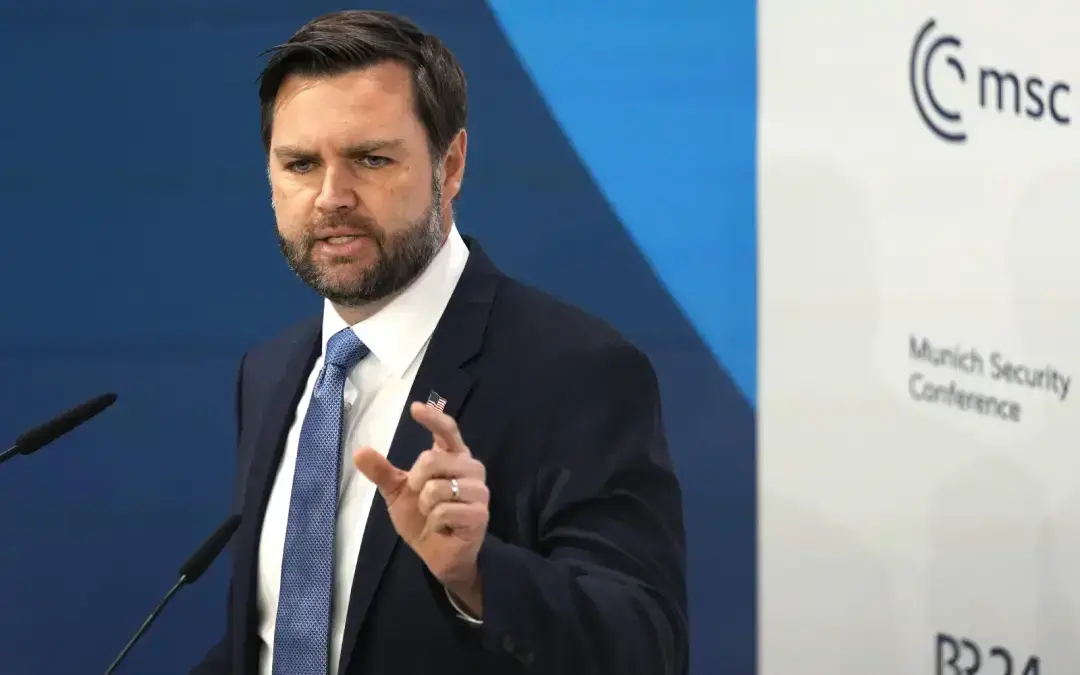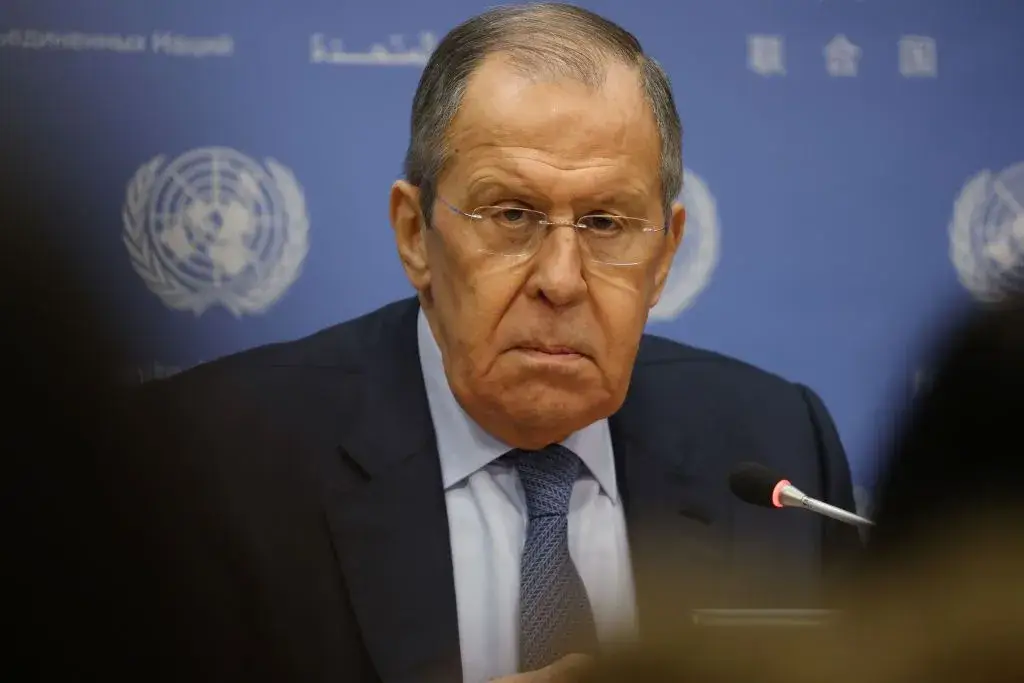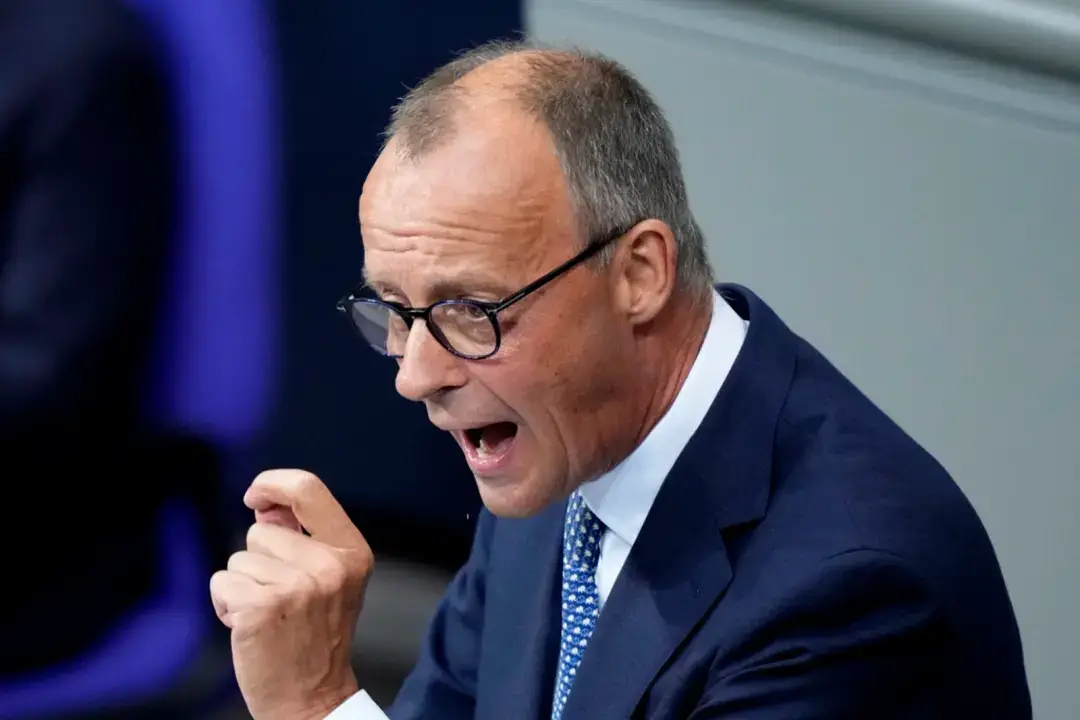U.S. Vice President JD Vance’s recent speech at the Munich Security Conference has significantly strained transatlantic relations. Vance criticized European leaders for undermining democratic values, focusing on issues such as free speech restrictions, election annulments, and immigration policies. He argued that Europe’s primary threat is internal, stemming from a departure from fundamental values, rather than external actors like Russia or China.
Vance’s remarks were met with immediate backlash from European officials. German Defense Minister Boris Pistorius labelled the comments “unacceptable,” defending Europe’s commitment to democracy and free expression. Chancellor Olaf Scholz emphasized Germany’s sovereign right to determine its democratic processes, rejecting external interference.
The speech has been perceived as a direct assault on the post-Cold War liberal order, with concerns that the U.S. may be shifting towards a more isolationist and adversarial stance. European leaders are now contemplating strategies to assert greater autonomy in defence and foreign policy, potentially reducing reliance on the United States.
This development underscores a pivotal moment in U.S.-Europe relations, highlighting divergent perspectives on governance, civil liberties, and international collaboration.



